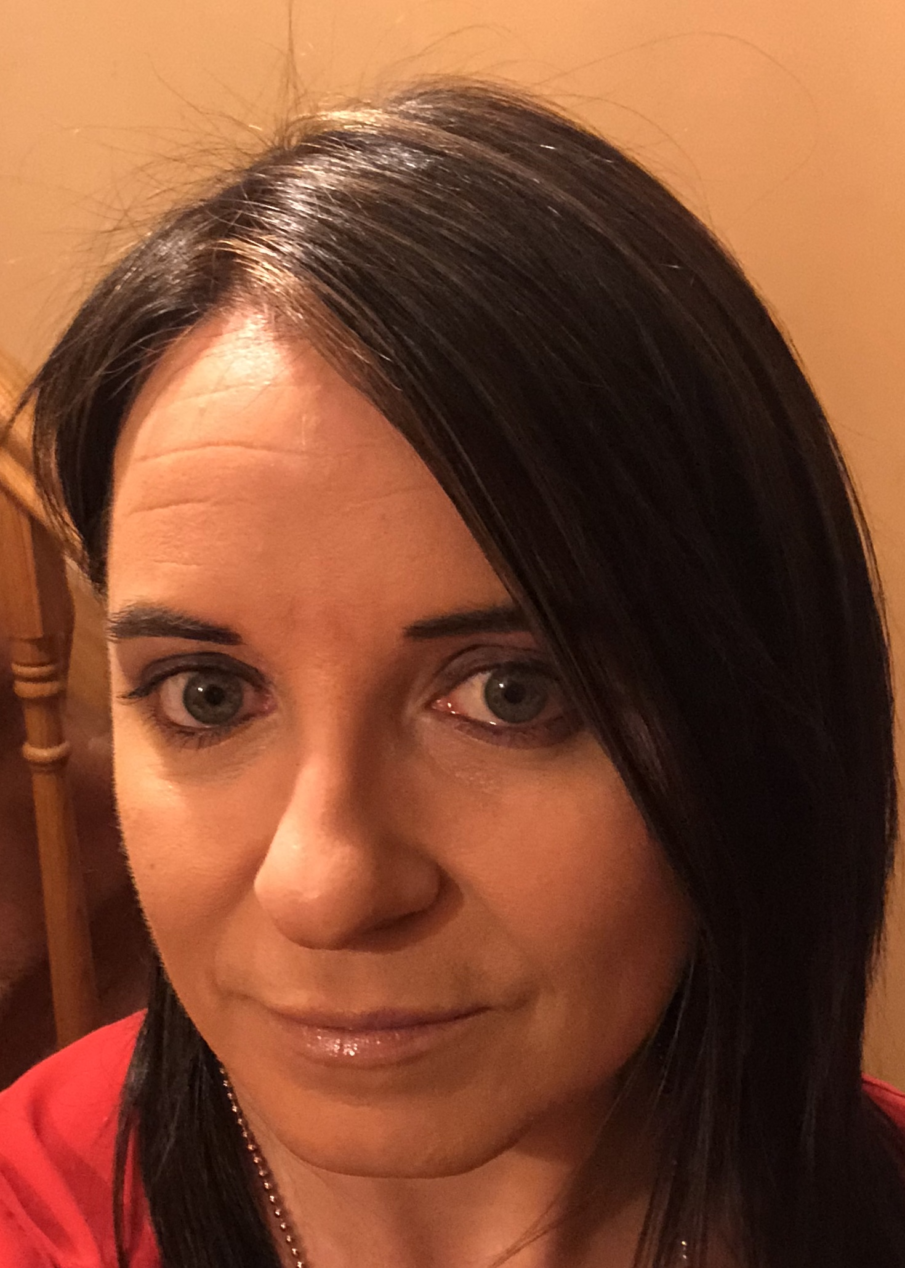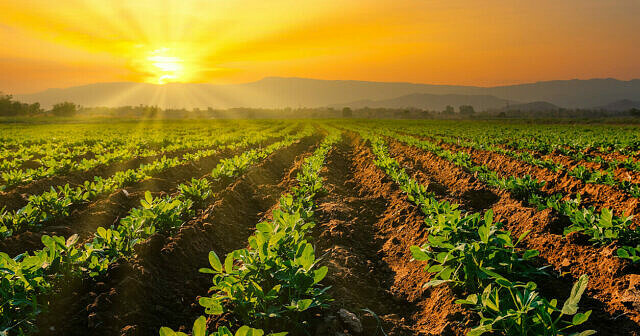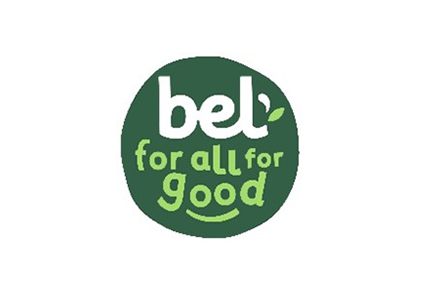Interview with Martina Henry: “I have come to value the high level of drive, expertise and ambition within the group”
25th March 2020
In January 2020 the SAI Platform Crops Working Group welcomed Martina Henry, Global Head of Sustainable Sourcing at Diageo, as the new working group co-chair to work alongside Brian Nash, VP Sustainability at Ingredion. Jenny Edwards, SAI Platform’s Crops Director got together with Martina to ask a few questions regarding Martina’s decision to take on this new role and how sustainable agriculture is playing a big part in Diageo’s commitment to sustainable agriculture practice across its supply chain.
Jenny: Martina, its great having you onboard. You’ve been an active member of the Crops Working Group for some time, so why have you decided to take this position as co-chair for the Crops Working Group?

M: I have come to value the high level of drive, expertise and ambition within the group and I am inspired by the individual contributions of the members.
I am also very keen to bring my personal passion and particular perspective to the position. By working with you and Brian, I am looking forward to continuing to learn from, and represent all the Crops Working Group members so that we can help achieve the greatest impact for all of our members and their particular company sourcing strategies.
J: How does being a member of SAI Platform benefit Diageo?
M: Our SAI Platform membership offers real value to Diageo. Not only does it provide a space to learn from and engage with our peers to tackle shared problems, but it also provides opportunities to benchmark and harmonise our approach to sustainable sourcing with that of the wider food and drinks industry.
This helps us in various ways. We are able to reduce the financial and time burden on our supply chain partners. It also drives efficiency for our own business and ensures a consistency in the narrative shared with growers and food producers. This gives them the confidence to invest in farming practices that drive sustainable on-farm impact whilst ensuring their market access is supported through the satisfaction of multiple buyers. This is hugely important as it ensures that we can continue to source sustainably even where we may not be the biggest buyer of a crop or ingredient. The power of the collective offers further benefits in terms of leveraging greater resources for on-the-ground projects and on a more immediate level, facilitates internal communication with respect to our sustainable agriculture programme and how it compares with our peers.
J: Is there any SAI Platform activity or tool that has been particularly useful for Diageo?
M: In 2018 we published Diageo’s updated Sustainable Agriculture Guidelines (SAG), in which we aligned to SAI Platform’s Farm Sustainability Assessment (FSA) as our benchmark for good sustainable agriculture practice.
In Mexico we farm our own agave for our Don Julio tequila brand, and we needed to demonstrate our commitment. We started an 18-month programme during which we completed the FSA as a self-assessment. We then created and implemented an Action Plan to close gaps in certain areas of our farm practices that were identified, and subsequently verified in May 2019, as meeting 100% FSA Gold. This was a hugely rewarding process, not least in the end result achieved, but also in learning first-hand from the experience of making the necessary changes in farm practices to meet all of the prescribed best practices that is the FSA.
As we continue to roll out our SAG across our extended supply chain, the learning experience we have gained is proving extremely valuable in driving engagement and adoption of the FSA to achieve our ultimate goal of sustainable sourcing across our raw materials and ingredients footprint.
J: How does the Crops Working Group play a role in driving sustainable agriculture?
M: In the Crops Working Group, we bring together a diverse group of companies and individuals, who in turn bring great leadership and examples of best practices. Our aim is to harness this diversity of thought and experience to create opportunities for the collective good. This will benefit our individual corporate strategies as well as the general direction of sustainable agriculture towards constant, continuous improvement.
Given the urgency of the climate challenge we know we are facing, the question now is how do we expedite improvement to be truly transformative and impact driven, at scale and at speed? In these particularly disruptive times, when a global pandemic can have immediate devastating social and economic impact, I believe we might yet find a pathway to truly transformative and enduring environmental and social change that will achieve the ‘sustainable’ future we are all working together to achieve.


